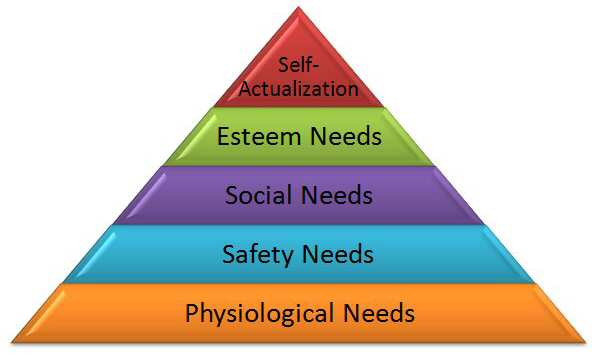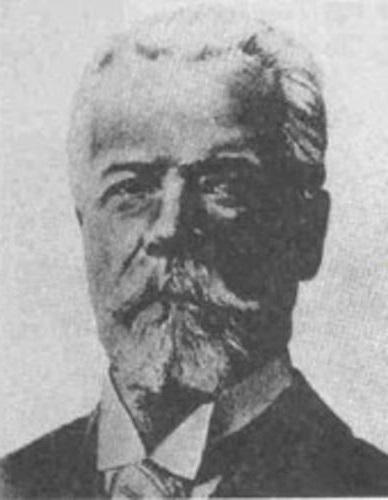The contingency approach to management emerged from the real life experience of managers who found that no single approach worked consistently in every situation. The basic idea of this approach is that number management technique or theory is appropriate in all situations. The main determinants of a contingency are related to the external and internal environment of an organisation. The process, quantitative, behavioral, and systems approaches to management did not integrate the environment. The often assumed that their concepts and techniques have universal applicability. For example the process theorists often assumes that strategic planning applies to all situations; the quantitative experts generally feel that linear programming can be used under all conditions; the behavioral theorist usually advocates participative goal setting for all superior-subordinate pairs; and the system advocates tend to emphasize the need for computerized information flows in all situations. On the other hand practicing managers find out that aContinue reading
Principles of Management
Systems Approach to Management
Systems approach to management developed after 1950. Many pioneers during as E.L Trist, AK Ria, F.E. Kast, and R.A Johnsm have made significant contributions to this approach. This systems approach looks upon the management as a ‘System’ of as an organized whole make up of sub-systems integrated into a unity or orderly totality. The attention should be given so overall effectiveness of the system rather than effectiveness of any sub-system if isolation. It took where management process school left off in attempting to unify management theory. It emphasizes the inter-relatedness and inter-dependence of all activities within an organisation. It is based on system analysis. It attempts to identify the nature of relationships of various parts of the system. A system is a set of inter-connected elements or component parts to achieve certain goals. An organisation is viewed by the modern authors as an open system. An organisation as a systemContinue reading
The Behavioral Science Approach to Management
The behavioral science approach to management focuses on the psychological and sociological processes (attitude, motivations, group dynamics) that influence employee performance. While the classical approach focuses on the job of workers, the behavioral approach focuses on the workers in these jobs. Workers desisted the formal and impersonal approach of classical writers. Behavioral approach started in 1930. This gave rise to the Behavioral science approach to management. Two branches contributed to the Behavioral approach. Human Relations Movements: The human relations movement refers to the approach to management and worker productivity that takes into account a person’s motivation, satisfaction, and relationship with others in the workplace. The human relations movement grew from the Hawthorne studies. Development of Organisational Behavior: Pioneers of the human relation movement stressed inter-personal relations and neglected the group behavior patterns. This led to the development of field of organisational behavior. It respects a more. Interdisciplinary and multi-dimensional approachContinue reading
Management Principles: Principle of Bureaucracy
According to the name bureaucracy theory was evolved by the German sociologist Max Weber (1864-1920). The principle of bureaucracy is based upon hierarchy of authority and web of rules and relations. It visualizes a machine model of organisation characterized by impersonal control over human beings. Characteristics of Principle of Bureaucracy A well-defined hierarchy of authority with clear lines of authority and control and responsibility concentrated at the top of the hierarchy. A high degree of specialization. A division of work based on functional departmentalization. A system of rules covering the rights and duties of employees. A definite system of procedures for dealing with the work situation and “rationally” coordinating activities. A centralized system of written documents (“the files”) for collecting and summarizing the activities of the organisation. Impersonality of relationships between employees. Recruitment of managers on the basis of ability and technical knowledge. The bureaucracy, or “bureaucratic model,” was oneContinue reading
Organization – Meaning, Definition, Importance and Principles
Meaning of Organization Organization is the foundation upon which the whole structure of management is erected. Organization is associated with developing an outline where the overall work is divided into manageable components in order to facilitate the achievement of objectives or goals. Thus, organization is the structure or mechanism that enables living things to work together. In a static sense, an organization is a structure or machinery manned by group of individuals who are working together towards a common goal. Examples of organization are Corporations, governments, non-government organizations, armed forces, non-profit organizations etc. The term organization has been used in four different senses; Organization as Framework of Relationships: Organization refers to the structure and interactions among various job positions which are created to realize certain objectives. Organization as a process: Organization is viewed as a dynamic process and a managerial activity which is vital for planning the utilization of company’sContinue reading
Nature and Importance of Managerial Principles by Henri Fayol
Henri Fayol was one of the most influential contributors to modern concepts of management. Fayol has been described as the father of modern operational management theory. Like Socrates, Fayol suggested that management is a universal human activity that applies equally well to the family as it does to the corporation. Fayol’s career began as a mining engineer. He then moved into research geology and in 1888 joined, Comambault as Director. Comambault was in difficulty but Fayol turned the operation round. On retirement he published his work – a comprehensive theory of administration – described and classified administrative management roles and processes then became recognized and referenced by others in the growing discourse about management. He is frequently seen as a key, early contributor to a classical or administrative management school of thought. His theorizing about administration was built on personal observation and experience of what worked well in terms ofContinue reading

